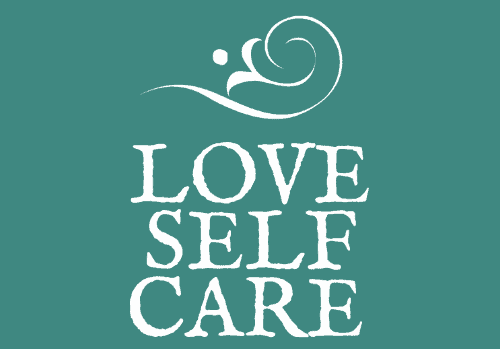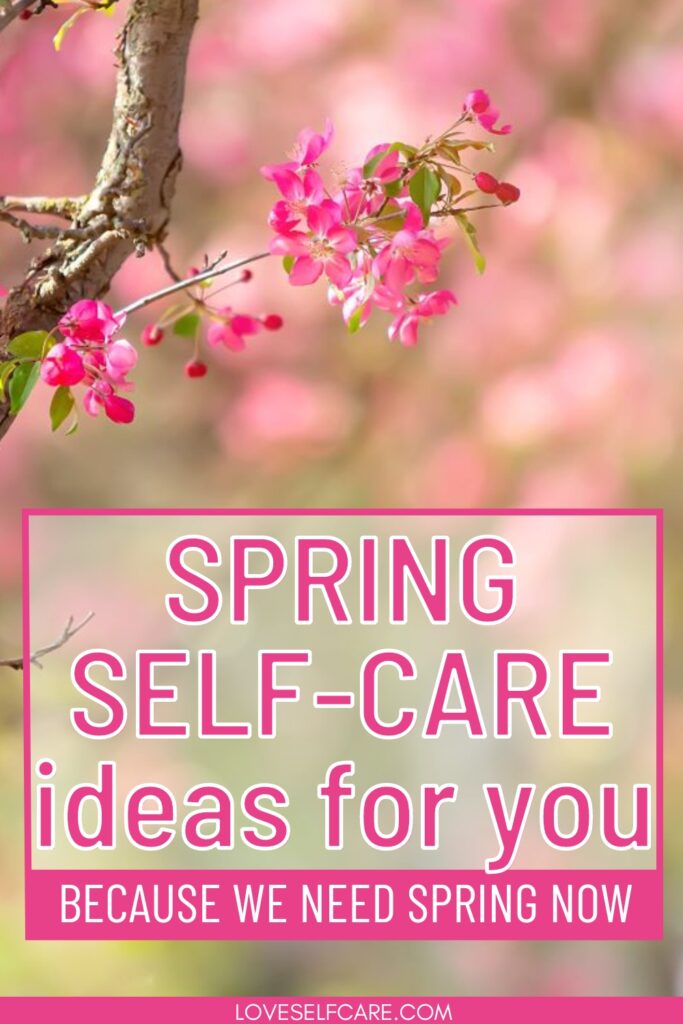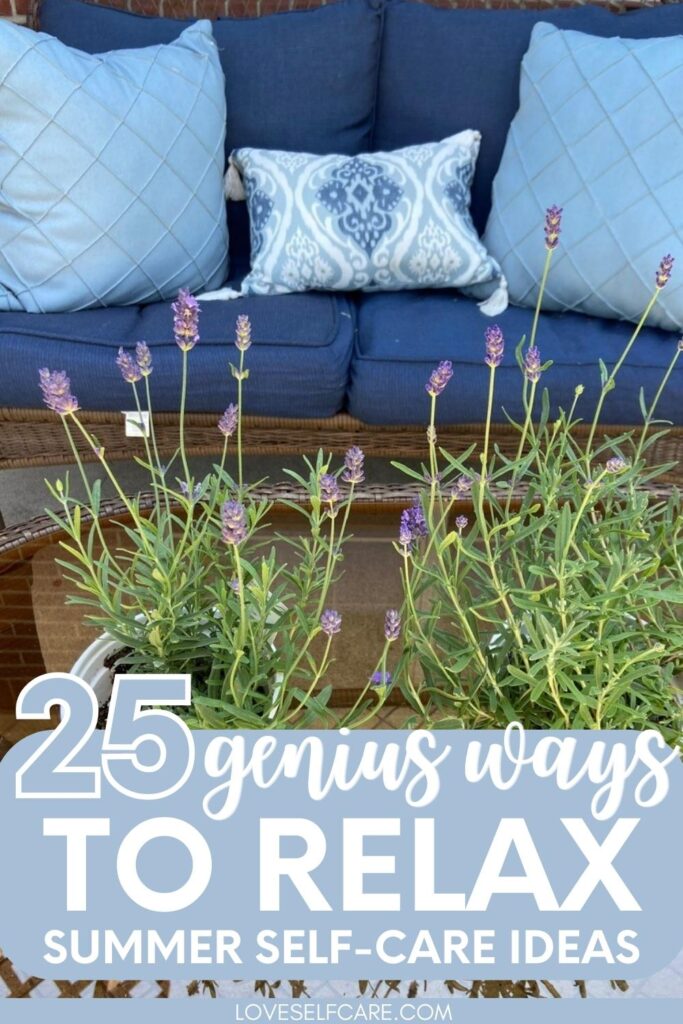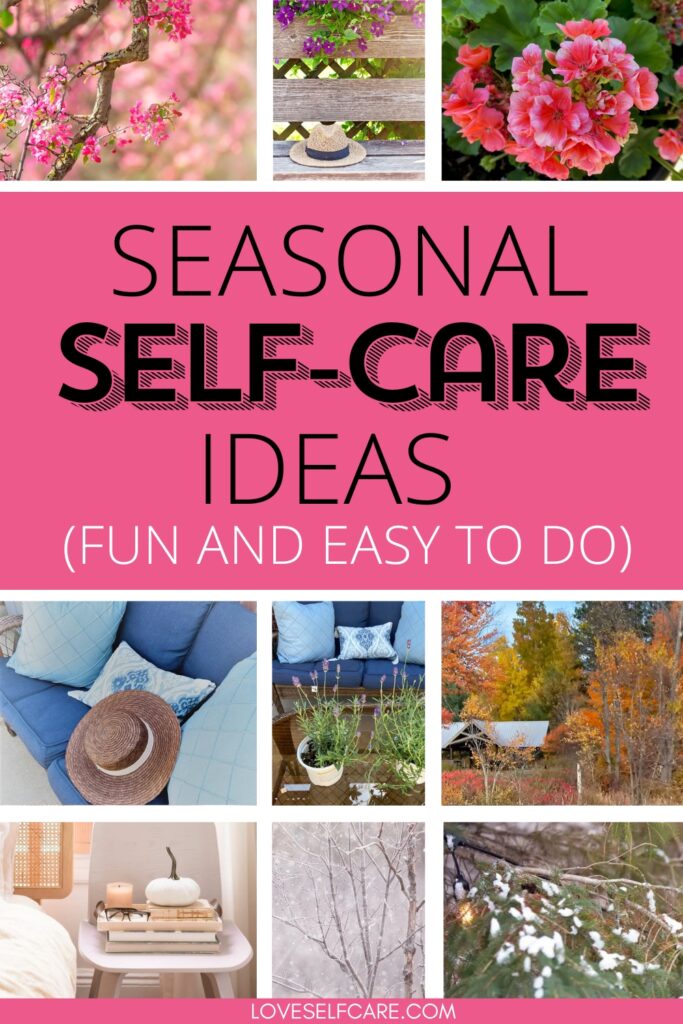
The Reasons to Practice Seasonal Self Care
Seasonal self-care sounds complicated but is really pretty simple. You want to tailor your self-care routine to take advantage of the changing seasons.
Self care by the seasons is recognizing and responding to the unique physical, emotional and psychological needs we each feel during the different seasons of the year.
For example, we all know how we feel different in the winter months versus the summer months. The weather, the number of hours of daylight, along with our own natural rhythms all influence our general feeling of well-being.
When we adapt our self-care practices to fit the change of seasons, we can enhance our overall health and feel more in tune with nature. Like when it is cold outside, we want to do things that make us feel warm and cozy. So, sipping hot chocolate by the fireside becomes an act of care for ourselves.

The same scenario in the heat of summer? That sounds more like a kind of punishment, right?
Same as in the warmer summer months, eating popsicles and lounging by the pool sounds delightful. Switch the scenario to the winter, not so much.
This is why we want to attune our needs to the season and adjust our self-care routines likewise. By doing so, we will do a better job of taking care of ourselves which can lead to improved year-round health and a deeper appreciation of the cyclical nature of life.

What are the benefits of practicing seasonal self care?
There are many benefits to practicing self care by the seasons. By aligning our self-care practice to the season we are in, we should be able to do the following things.
You Can Sleep Better
Who doesn’t want better sleep? When we stop trying to fight the natural rhythms of the world and go with the flow of nature, we find it is easier to get to sleep. How do you do that in practice? Adjust your bedtime as the days grow shorter or longer. Go to bed earlier when it is darker earlier and stay up later when it stays lighter longer.
Your Mood May Improve
You can improve your mood by spending more time outside when it is warmer out. The fresh air of spring after being cooped up during the winter months can increase your energy levels. And, while you might think your mood wouldn’t be improved by a walk in the cold winter air, you might be surprised what it can do help fight the winter blues. Just make sure to follow up your walk with something that makes you feel cozy.
You will be Connecting with Nature
Being able to sleep and eat according to the seasons just makes sense to our bodies. It is hard to go against what nature is telling us instinctively to do. In general, we want to feel cozy in the fall and winter. The weather outside (rainy, windy, dark, snowy, etc.) all lead us to want to spend more time indoors. The opposite is true in the spring and summer, of course. Then, we are interested in venturing outside as much as possible to soak up the sun and we tend to feel more adventurous too.
By letting nature be our practical guide, we learn to embrace the natural instincts we all have.
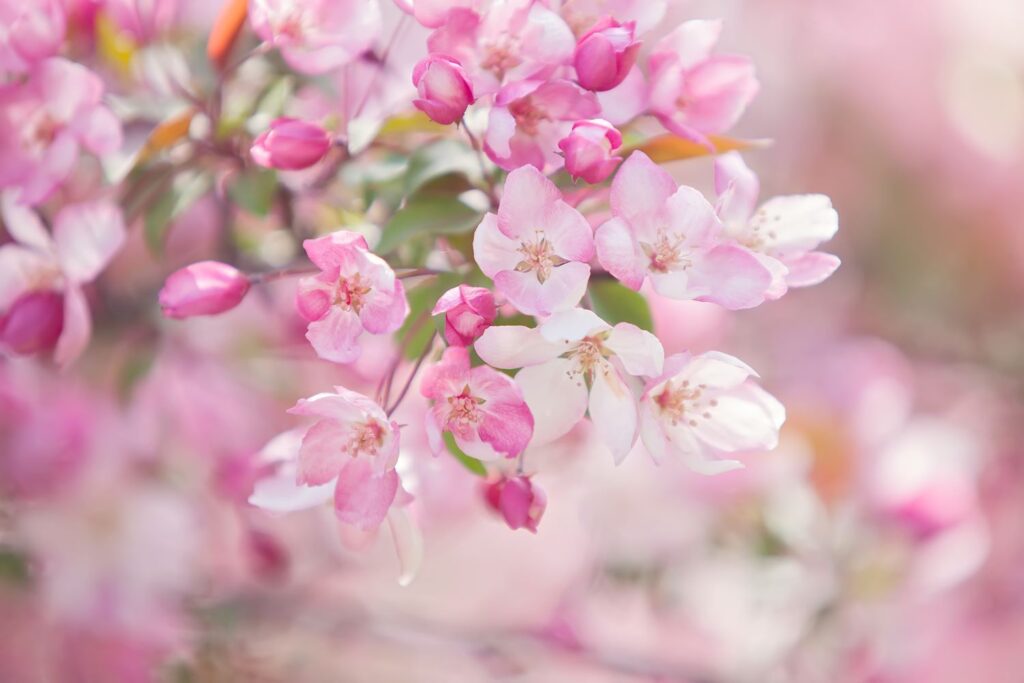
How do the seasons influence our self-care?
As discussed above, just recognizing that the seasons do have an influence on our bodies, minds, and spirits is a good first step. Next, realize that our bodies want to change with the seasons. Our self-care routines should change with the seasons to experience our optimal health.
One obvious example is our desire for different foods based on the season. In the fall and winter, we are interested more in heavy foods like casseroles, stews, and big dinners. Our bodies want to prepare for the cooler weather by eating more calories and luckily sweater weather tends to hide some of that too.
Just the opposite happens in the spring and summer months, when we want lighter foods. It is much easier to crave fruits, vegetables, and salads in the spring and summer.

The lightening up of meals includes no one wanting heavy dinners when it is 100 degrees outside. Instead you crave things like watermelon (probably because it helps with hydration) or frozen treats (to cool our bodies down).
The essence of each season also sets us up nicely for mindfulness and reflection for our seasonal self-care. Ask yourself the following question:
Based on your current needs, emotions and energy levels, what do you need right now for this season? For example, your emotional needs for winter are probably different than for summer. I tend to find myself to be more depressed in the latter winter months after Christmas and New Year’s are over. And, I have to really watch what I’m feeding myself in terms of my thoughts (making sure they aren’t overly negative) and journaling what I’m ready for next as I approach the new year.
Likewise, you might find it easier to practice gratitude in the season of fall (when we get to harvest all that we have worked so hard on all year).

How to Adapt Your Self-Care Routine for Each Season
When you are considering your seasonal self-care routines, you want to first realize the importance of being flexible. What worked for one winter, may not necessarily work for another winter.
That being said, there are probably a lot of things that can be carried over from year to year. Like, you are always going to want to focus more on your skin care routine in the colder months and aside from making sure you have lots of sunscreen, you can lighten up your skin care routine in the summer months.
Your exercise needs may change with the seasons too. The spring, summer and fall weather make it easier to workout outside. And, winter brings its own challenges for getting a workout in period.
You might have to adjust what you do or where you do it to make it fit for each season. And, extreme cold or heat can disrupt your seasonal routines too. Like, 100 plus degree days, mean you need to workout inside as opposed to outside.
Areas to think about when changing up your self-care routine for the time of year:
- Sleep schedule
- Eating seasonally
- Skin-care routine
- Exercise routine
- Social engagement

Changing Habits with the Seasons
One important aspect of your self care practice is what you eat. Eating seasonally can mean making a visit to your local farmer’s market to see what it is in season (in the warmer months).
Or, trying to limit your consumption of items that are outside of what mother nature intended for your area of the world in fresh produce. For example, how far did those strawberries have to travel to be available to you in January? Eating items that are in season helps you and the earth, plus it is better for the environment too.
Growing your own food in the right season can also help you to have a healthier body as you know what you put on your plants. And they didn’t have to travel far to reach you either!
If you are shopping at the grocery store and are wondering what is in season, here is a quick Infographic from the American Heart Association to help you choose what is in season. Our modern lifestyles can benefit from eating with the seasons. It can help us financially, nutritionally, and help us to achieve our ideal body weight too if we consume more fruits and vegetables.
Social Engagement as the Seasons Change
Another area that tends to change with the seasons is our need for social interaction. Most people feel like they want to hibernate in the winter and that can impact our desire to interact with people.
Aside from the holiday season, when we are definitely busy socially with friends, work parties, and gathering with family members. The rest of the winter though, we tend to want to pull back socially and enjoy more time at home by ourselves or with our family.
We are social animals and we need to interact with people. (You can learn more about this here: “Human Connection: Why It’s Important”).
Being social is an important and vital part of staying healthy as we age too. But, we need to learn to balance our overall need of both being social and requiring some solitude too.
Being alone with our thoughts allows us to process the world and understand how we fit into it too. Of course, another element that impacts your need for social engagement is where you fall on the introvert/extrovert scale too.

Regardless, we need to honor our need for being social along with our need for solitude. NPR’s “How Solitude Can Help Your Mood” has great advice on how to learn how to be alone occasionally (it doesn’t have to be long – 15 minutes counts!) to help with your mood.
Your social needs will change with the seasons too. Spring and Summer you are probably going to feel more apt to be out and about and with people.
Fall and Winter (aside from the holiday time), you may feel a need to withdraw from the world a bit and enjoy your own cozy home.
If you feel the reverse that is okay too. Just check in with yourself and see what you feel like you need more of at any given time – some alone time or social time? Always recognizing our innate need for both over time.
The Four Seasons of Self-Care
Spring Self-Care Ideas
Spring is a great time to focus on renewing and rejuvenating you. You made it through the winter season and you are ready to finally get out of the house.
You want to change up your daily routine and lighten up everything. The need to clean and declutter is probably also something you are feeling now.
This article has all you need to know about Spring Self-Care Ideas and how to incorporate them into this season of your life. Spring Self-Care Ideas to Hit Refresh for You this Spring
Summer Self-Care Ideas
Summer means it is time to focus on growth (both internal and external).
Externally, the sunnier seasons mean you want to explore either locally or by going on vacation. We are eager to make the most of the beautiful weather and get outside whether that means a trip to the beach, a park, or a local forest.
Internally, you get the chance to take a break and relax. Relish the time off you receive and focus on your physical health by treating yourself to good food and exercising more.
You can learn more about all the ways to take advantage of the one the best times of the year here: Summer Self-Care Ideas for a Relaxation Bucket List
Fall Self-Care Ideas
Autumn is a time of transition. This is the perfect time to focus on reflection and gratitude for all that has happened over the course of the year. The seasonal changes mean it is a good time to focus on journaling about how you feel about the year so far and what you would still like to see happen over the rest of the year.
You can also keep a gratitude journal to list all the ways you have been blessed this year. An “Attitude of Gratitude” really does help to train yourself to look for the positive in your life.
Autumn is also a time to focus on those cozy self-care rituals that make you feel well taken care of and happy. This is a good time to break out the warm, fuzzy blankets and spend time by the fire.
In other words, try to make the most of the cooler days by focusing on the benefits of this time of year (like being cozy at home). You can read more about Fall Self-Care Ideas with “Fall Self-Care Ideas to Cozy Up Your Autumn”.
Winter Self-Care Ideas
The shorter days and lack of sunlight are a real challenge during the winter. But, the good news is that you can still find plenty of ways to practice self-care during this season.
One way, is to focus on making your home as comfortable as possible. You want a place that feels warm and welcoming to you. This will be different for everyone, but it is possible to find comfort in winter too.
Winter is the season of dormancy and rest. Now is the time to be quiet, settle down and just be. You don’t always have to be “on” in the world. This season is all about focusing on things that make you happy and fill you up.
Creatively, that might mean working on hobbies that fulfill you. (Not sure what to do? Check out “Bored? How to Find Your Next Hobby”.)
Or, it could mean that the down time at home means more time to spend on self-care activities that you enjoy. Whether that is doing yoga inside, working on breath work, listening to relaxing music or taking a bath with your favorite essential oils is entirely up to you.
Just do whatever makes you feel most relaxed and like you are taking good care of you. See “How to Practice Self-Care with Simple Winter Self-Care Ideas” for more winter self-care ideas and inspiration.
The Benefits of Seasonal Self-Care
By now, you get the gist of self-care by the season. As long as you vary what you do to follow seasonal living, you should be in good shape.
The main thing is to always prioritize self-care no matter what the season is. You are a living breathing human being who is constantly undergoing periods of change in all aspects of your life.
Just keep practicing self-care on a regular basis (in whatever way feels best for the season you are in) and hopefully you will feel calmer and more in balance with the natural world around you.
If you enjoyed this round-up article of seasonal self care, please share on Pinterest!
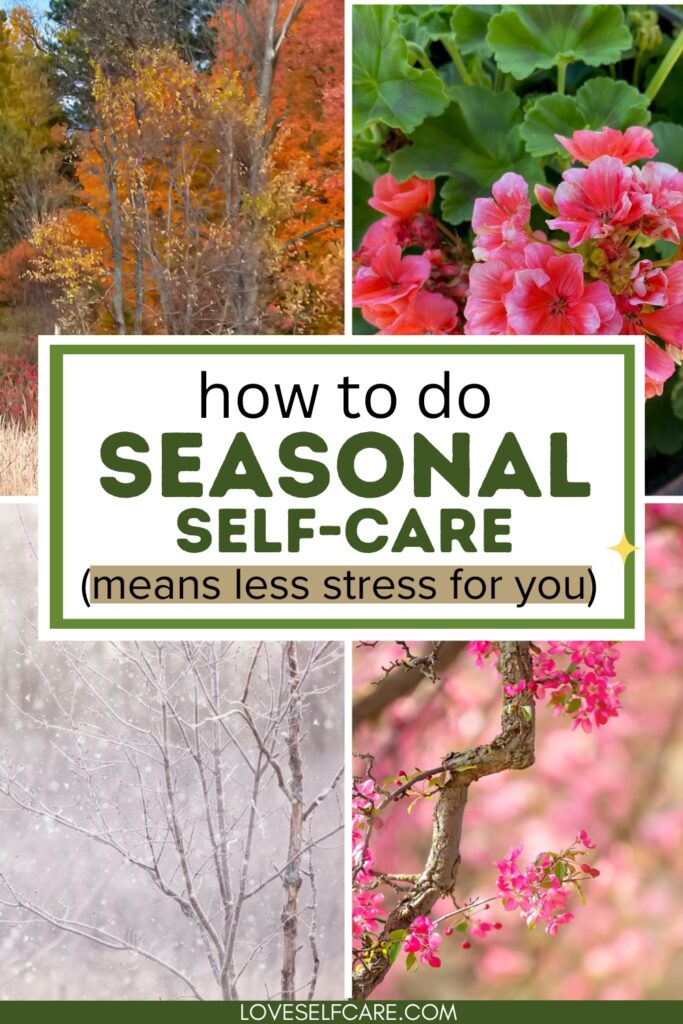
While you are here, make sure you grab your copy of the "Self-Care Mini-Guide" to help you figure out how to add self-care to your daily life. Just click the link Loveselfcare Self-Care Mini-Guide to download your guide!
